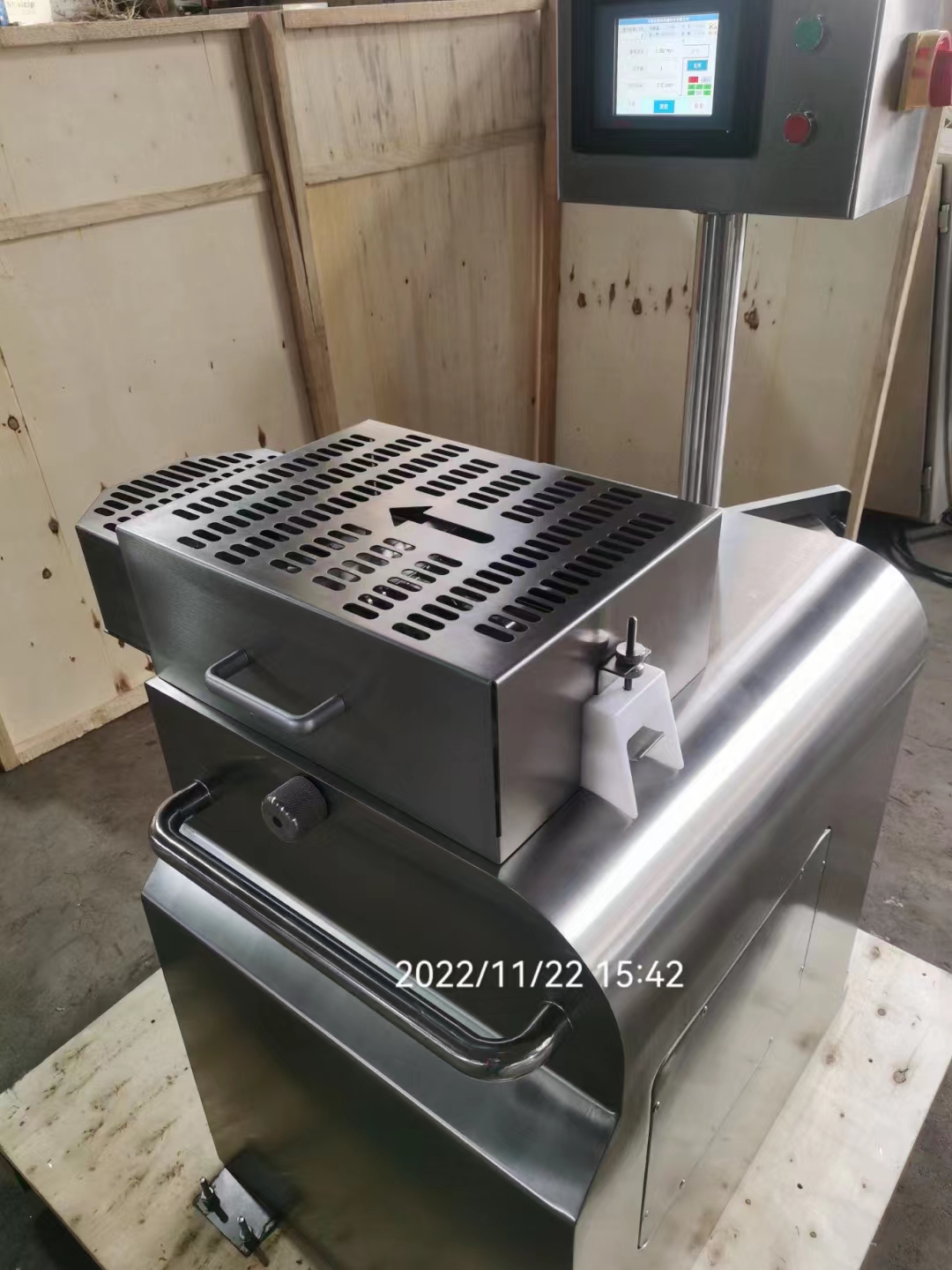
Jul . 27, 2024 19:55 Back to list
Exploring Manufacturing Techniques for Bowl Choppers and Mixers in Food Processing Industries
Bowl Chopper Mixer Factories Revolutionizing Food Processing
In the ever-evolving food processing industry, the demand for efficient and versatile machinery has never been higher. Among the essential tools that have become a staple in food production facilities are bowl chopper mixers. These machines play a crucial role in emulsifying, mixing, and chopping various ingredients, transforming them into consistent and flavorful products. This article explores the significance of bowl chopper mixer factories, their applications, and their impact on the food industry.
Understanding Bowl Chopper Mixers
Bowl chopper mixers are specialized machines designed to handle a variety of tasks in food preparation, such as chopping meat, mixing dough, and blending spices or sauces. They consist of a large bowl, a set of sharp blades rotating at high speeds, and powerful motors that facilitate quick and uniform processing of ingredients. The design of these machines allows for precise control over the chopping sizes and blending techniques, catering to the needs of diverse culinary applications.
The Manufacturing Process
Bowl chopper mixer factories are equipped with advanced technology and robust machinery to produce high-quality choppers and mixers
. The manufacturing process generally includes several stages1. Design and Engineering This initial phase focuses on creating blueprints that consider user needs, safety standards, and efficiency requirements. Engineers collaborate with chefs and food processing experts to develop models that excel in functionality.
2. Material Selection Factories prioritize selecting durable and food-safe materials such as stainless steel for the bowls and blades, which not only ensures longevity but also compliance with food safety regulations.
bowl chopper mixer factories

3. Production and Assembly Automated machines cut, shape, and polish the components before skilled workers assemble them meticulously. Quality control checks are integral during this phase to guarantee that each unit meets performance standards.
4. Testing and Calibration Before reaching the market, each bowl chopper mixer undergoes rigorous testing to ensure that it operates effectively under various conditions. This includes checking the blade sharpness, motor speed, and overall functionality.
Applications in the Food Industry
The versatility of bowl chopper mixers allows them to be utilized in multiple sectors of the food industry. Commercial kitchens employ these machines to prepare large batches of food, while meat processing plants use them to create sausages and other meat products. Bakeries benefit from bowl chopper mixers to combine dough ingredients evenly, resulting in superior baked goods. Moreover, the growing trend of plant-based foods has seen an increased use of mixers in processing vegetables and grains for alternative meat products.
Additionally, bowl chopper mixers have become integral in the production of ready-to-eat meals, condiments, and sauces. Their ability to emulsify and blend ingredients leads to consistent product quality, which is essential for maintaining flavor and texture in final items.
The Future of Bowl Chopper Mixer Factories
As consumers demand healthier and more diverse food options, bowl chopper mixer factories must adapt to meet these evolving needs. Innovations in technology, such as the inclusion of smart features for precise control and monitoring, are becoming pivotal. Sustainability is also a significant concern; thus, manufacturers are exploring eco-friendly materials and energy-efficient production methods.
In conclusion, bowl chopper mixer factories are at the forefront of food processing technology. Their machines not only enhance the efficiency of food production but also contribute to the development of high-quality culinary products. As the industry continues to grow, these factories will play an essential role in shaping the future of food processing, ensuring that consumers receive the best flavors and textures in their meals.